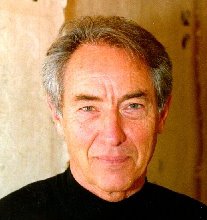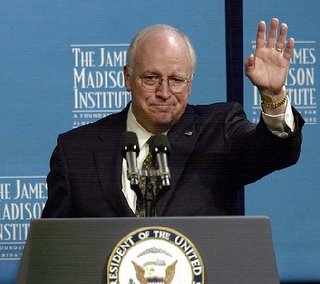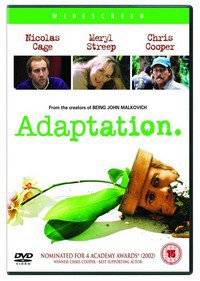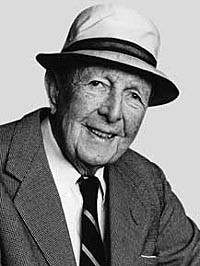 The prospect of Ash Wednesday this week prompted the recall of the following story.
The prospect of Ash Wednesday this week prompted the recall of the following story.There is a church in New York that is located near the end of one of the subways. Every year at the beginning of the Easter season one of the priests takes a huge bowl of ashes and stands on the bottom step in front of the church. Morning and evening rush hours are his favourite times. Each day hoards of frenzied New Yorkers stop quietly to have their foreheads marked with the traditional cross of ashes and to hear the ancient words: "Remember you are dust and unto dust you shall return."
One year the priest went down the escalators and ashed scores of people as they came through the turnstiles. Another time a bus driver pulled up, opened the doors and called the priest onto the bus to anoint everyone with ashes.
Over the years he has become something of a fixture and every Easter season people would look out for him—executives, prostitutes, office workers and housewives—the fashionable and the forgotten would all line up together to receive the holy ashes.
This ministry in the marketplace is a wonderful idea. What prompts the urging within people to receive the ashes, especially in the Big Apple, where there's entertainment, success, market forces, ambition, luxury and extravagance?
What would it mean for you to be marked by a dusty cross in your city or town?
To be marked with the cross is to admit that we know the taste of ashes. It is to remove our masks and recognise that we have had broken hearts and crushed dreams. It is to declare that we are acquainted with grief and tragedy and despair and anguish. It is to reaffirm that we are human.
Geoff Pound
Source: Newspaper article in the Age, about two years ago.













